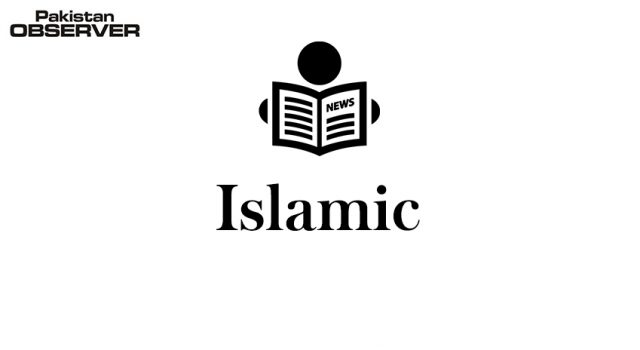Dubai
Islamic finance social instruments could help countries navigate the economic turbulence wrought by the COVID-19 pandemic in core Islamic finance countries that include the GCC, according to rating agency Standard & Poor’s.
“Islamic finance abides by the goals and objectives of Sharia (Maqasid). While interpretations of the Maqasid differ, they broadly center around the protection of faith, life, mind, wealth, and dignity,” said Mohamed Damak, Global head of Islamic Finance and director of research at S&P in a report.
While Islamic finance abides by the goals and objectives of Sharia, it has some overlap with environmental, social, and governance (ESG) considerations and the broader aim of sustainable finance. Slowing growth
Over the past three months, data show that the measures designed to curb the spread of COVID-19 are having a negative economic impact and worsening the business and financial positions of core Islamic finance countries.
The spread of COVID-19 and countermeasures to slow its spread have significantly slowed the core Islamic finance economies. As a result, the rating agency expects unemployment rates to increase, with a consequent significant loss of income for households as companies implement measures to reduce their costs amid declining revenue in core Islamic finance markets that includes the GCC.
Unemployment rate is likely lower in FCC as foreign workers represent the majority of the working population and many foreigners will likely return to their home countries if they are furloughed or laid off. In addition, government intervention through various support measures should somewhat counterbalance the negative effects of higher unemployment. For example, some GCC governments announced they would cover the private sector salaries of their nationals—and in some of the countries the salaries of foreign workers as well.
The Islamic-finance industry has been talking about the potential to use the social instruments of Islamic finance to help address the impact of COVID-19 on corporates and banks through unremunerated or subsidized liquidity to help them cope with the short-term loss in revenue and allow them to preserve employment.Analysts at S&P said social instruments could also be used directly to support households by compensating them for lost income, and by providing access to affordable basic services, such as education and health care.
Saving jobs
According to S&P, Islamic banks are considering a more lenient approach concerning their potential headcount reduction, unless the crisis deepens further. Several conventional banks have already announced that they will retain staff for the time being, but also use other measures, such as paid leave with or without a reduced salary or remote working arrangements.
Analysis said Islamic banks and financial institutions are likely to tame measure to protect jobs within these institutions.a stakeholders in Islamic banks could perceive major layoffs negatively and such moves would probably also find some opposition from their governance structures, including Sharia boards.
Standard & Poor’s believes four Islamic finance social instruments in particular can help core Islamic countries, banks, and corporations navigate the current situation.
Qard Hassan
This instrument consists of a loan granted for welfare purposes or to bridge short-term funding requirements where the borrower is required to repay only the principal. As corporations and individuals grapple with the impact of COVID-19 on their revenue, Qard Hassan from banks could provide breathing space until the environment stabilizes. For example, the central banks of some GCC countries opened liquidity lines for financial institutions at no cost to provide subsidized lending to their corporate and SME clients.
Social sukuk
These are sukuk, where the rate of return declines if the issuer fulfills certain social objectives. Sukuk Ihsan, issued by Khazanah National Berhad in 2015-2017, are an example of such instruments. These instruments could help support the education and health care systems amid the current crisis and attract particularly ESG investors (those looking to invest for social reasons) and/or Islamic investors (looking for Sharia-compliant investments).
Waqf
This consists of a donation of an asset or cash for religious or charitable purposes with no intention of repayment or remuneration. Waqf in the current circumstances could help provide affordable housing solutions or access to health care and education for people that might have lost a portion of their income. Recently, a UN agency signed an agreement with the Islamic Corporation for the Development of the Private Sector to look at the potential use of Waqfs as a source of sustainable financing focusing on vulnerable Saudi communities.The Accounting and Auditing Organization for Islamic Financial Institutions prepared an exposure draft on Waqf governance, but it has not yet been approved.
Zakat
This is similar to a tax levied on wealth over a certain threshold. Zakat can be used for social welfare purposes, for example supporting people in need or that have lost a portion of their income, without any expectations of repayment or remuneration. Based on our conversations with market participants, we believe that Zakat could help compensate the loss of income for households because of COVID-19.
—Courtesy: Gulf News










